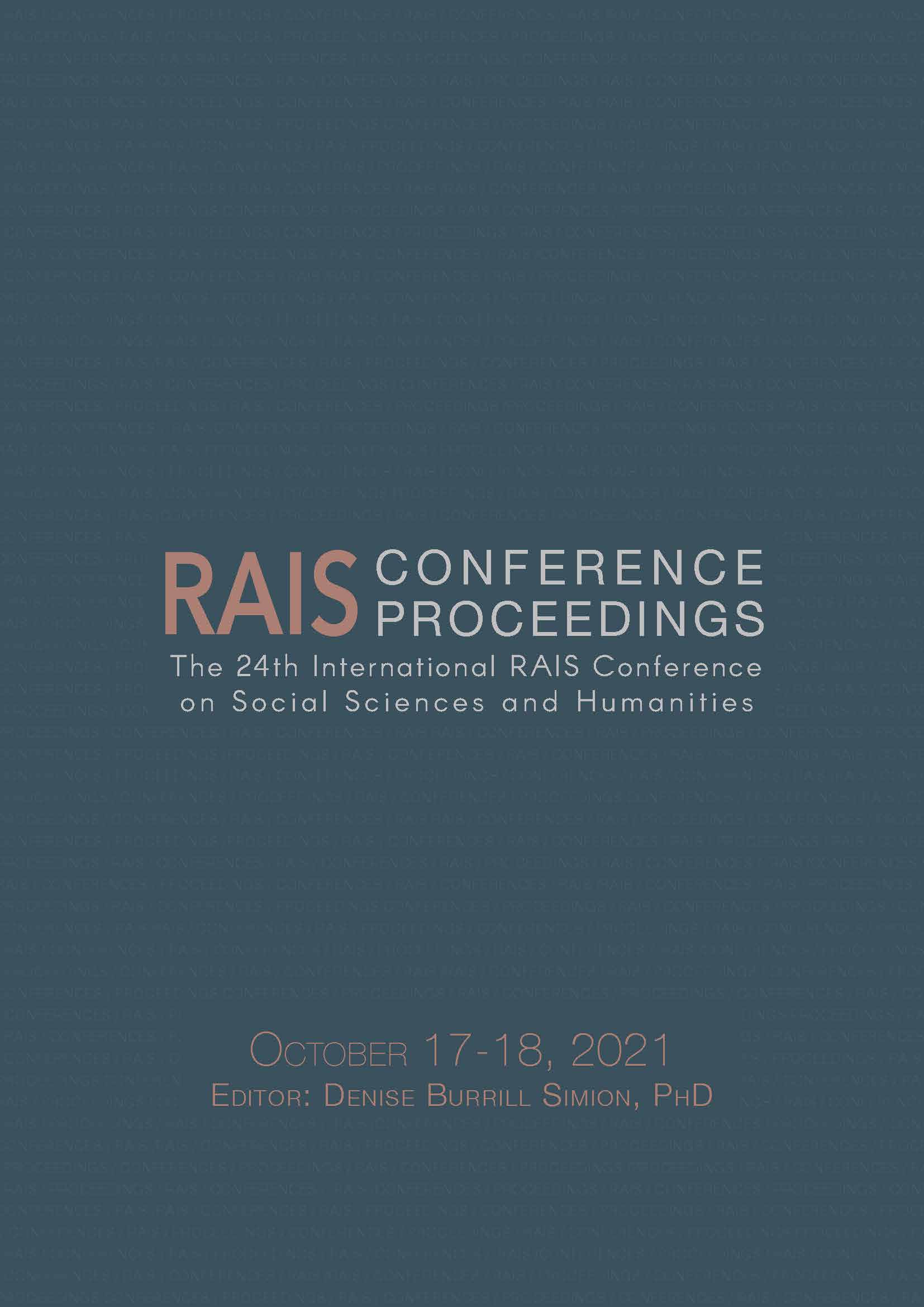Self-defense and Its Limits in Romanian Legislation
Self-defense and Its Limits in Romanian Legislation
Author(s): Robert Şerbănescu
Subject(s): Criminal Law, Criminology
Published by: Scientia Moralitas Research Institute
Keywords: history, aggression; self-defense; overcoming self-defense
Summary/Abstract: From its beginnings, the human being has known the phenomenon of aggression, especially among members of the species, against the background of the ease with which certain primary needs could be met. This led to the need for a tailored response against constant attackers who threatened the proper conduct of the individual’s life, which is why these defense mechanisms were coded in the genetic structure and passed down from generation to parent. With the emergence and development of human societies, as social roles became more hierarchical, tribal leaders were forced to find ways to control human impulses. Thus, during the evolution of the human species, legal norms have been developed to regulate social relations in ways that ensure peace, collaboration and mutual aid between citizens. However, due to the longtime of individual human existence compared to the new form of social organization, these animal instincts could not be completely eliminated, which is why the state offers citizens the opportunity to act with some degree of aggression. The article aims to analyze in detail the factors that determined the need for the Romanian state to allow aggressive behavior in the form of self-defense in response to existing social dangers and how this permission is legislated in legal norms belonging to the Romanian Criminal Code.
Book: Proceedings of the 24th International RAIS Conference on Social Sciences and Humanities
- Page Range: 112-115
- Page Count: 4
- Publication Year: 2021
- Language: English
- Content File-PDF

